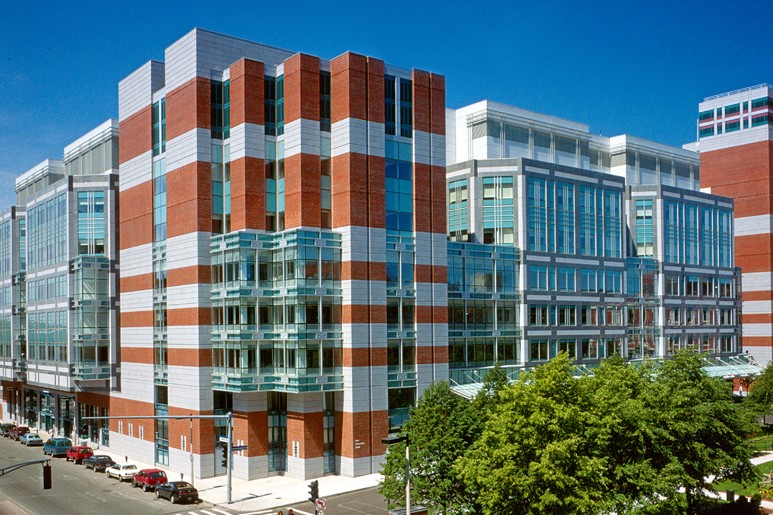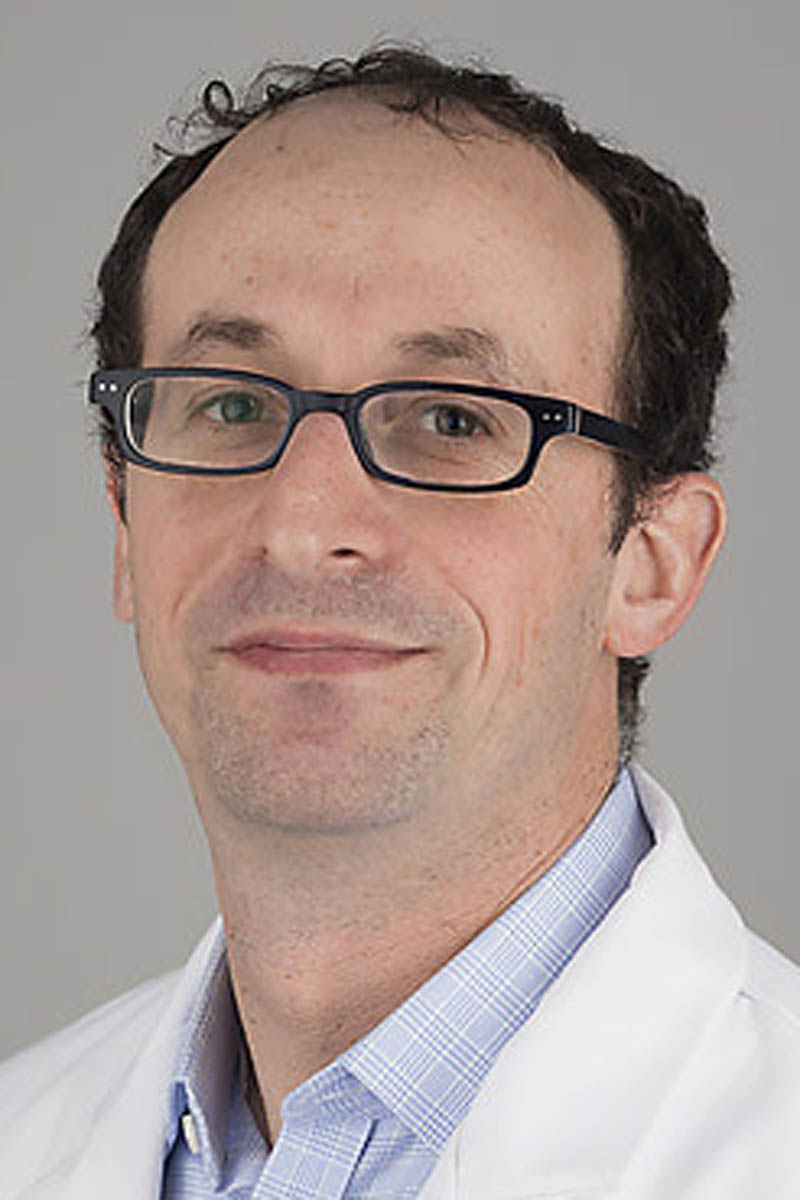

Beth Israel Deaconess Medical Center (BIDMC) is a world-class teaching hospital of Harvard Medical School located in the heart of Boston. BIDMC is part of Beth Israel Lahey Health, a new, integrated system providing patients with better care wherever they are. BIDMC consistently ranks as a national leader among independent hospitals in National Institutes of Health funding.
BIDMC is in the community with Beth Israel Deaconess Hospital-Milton, Beth Israel Deaconess Hospital-Needham, Beth Israel Deaconess Hospital-Plymouth, Anna Jaques Hospital, Cambridge Health Alliance, Lawrence General Hospital, Signature Healthcare, Beth Israel Deaconess HealthCare, Community Care Alliance and Atrius Health. BIDMC is also clinically affiliated with the Joslin Diabetes Center and Hebrew Rehabilitation Center and is a research partner of Dana-Farber/Harvard Cancer Center and the Jackson Laboratory. BIDMC is the official hospital of the Boston Red Sox. For more information, visit www.bidmc.org.

Jeffrey I. Zwicker, M.D.

Elliot Chaikof, M.D., Ph.D.

Robert Flaumenhaft, M.D., Ph.D.
Specific Aims of the Beth Israel Deaconess Program
Aim 1, Evaluation of plasma proteins from patients with cancer can accurately predict cancer-associated thrombosis. To evaluate this hypothesis, we will perform a high throughput proteomic analysis of large cohorts of cancer patients comparing plasma proteins in patients who subsequently develop clots compared to those who remain clot free. This project utilizes novel proximity extension assay technologies (Principle Investigator: Jeffrey Zwicker)
Aim 2, The sporadic nature of cancer thrombosis could be explained by the heterogeneity of tumors even within a single type of cancer. We predict that pancreatic ductal adenocarcinoma derived from different patients will show variation in their ability to elaborate prothrombotic factors in keeping with their molecular subclassification. To evaluate this prediction, we will use patient-derived organoids, which retain the genetic and phenotypic signatures of the primary tumor in order to perform
Aim 3, We will evaluate this premise at the molecular level by testing the hypothesis that activation of the unfolded protein response (UPR) contributes to thrombus formation in pancreatic adenocarcinoma. Specifically, we will determine whether UPR signaling in PDAC leads to the elaboration of prothrombotic factors such as pancreatic-specific protein disulfide isomerase, tissue factor, and prothrombotic microparticles. (Principle Investigator: Robert Flaumenhaft)
